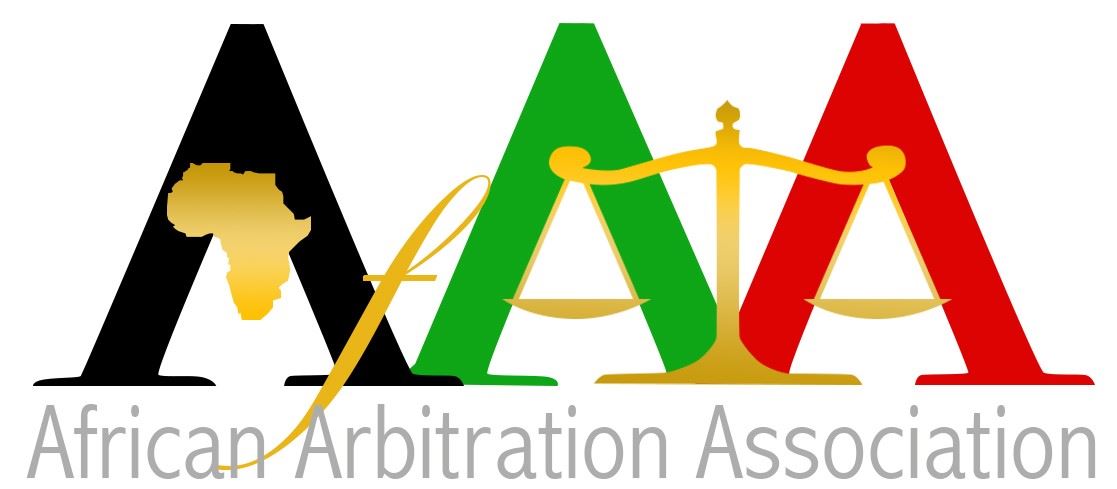arbitration / adr news
Chad Nationalizes Doba Project, Derails Exxon’s Asset Sale to Savannah Energy March 28, 2023 After having already lost one round in international arbitration court, Chad has nationalized its Doba upstream oil assets formerly held by ExxonMobil subsidiary Esso Exploration and Production Chad Inc. It is the central African country’s latest effort to nullify the sale of Exxon’s interests to British independent Savannah Energy, the current operator. Chad’s President, Mahamat Deby, signed a decree on 23 March that nationalized the 40% interest in Doba, held by Savannah Chad Inc. (SCI) since its asset purchase from ExxonMobil was declared closed on 9 December 2022. The nationalization covers all assets, production rights, operating permits, and oil-transport authorizations previously held by Esso. Savannah responded, asserting in a statement that “the actions of the Republic of Chad are in direct breach of the conventions to which SCI and the Republic of Chad are, amongst others, party,” adding that it will “pursue all of its legal rights” by taking the case to the International Chamber of Commerce (ICC) arbitration court in Paris. That would tee up Round 2 before the ICC. Arbiters in Paris had already ruled in favor of Savannah on 7 January after Chad contested the $407-million sale arguing that Exxon and SCI had ignored the government’s objections, including its right to first refusal in the event of an ownership transfer, according to AFP. Responding to Chad’s latest move—nationalization—Savannah pointed out that the country has benefited from the transaction because “under SCI’s operatorship (Doba’s), historic production decline was immediately reversed, with daily production averaging 29,349 B/D since SCI took over, an increase of 9% as against the equivalent period prior to Savannah having taken control. “Savannah had also initiated plans to significantly increase production further through an active investment program,” SCI argued. “The conventions are subject to the jurisdiction of an ICC tribunal, seated in Paris, and the company intends to pursue all of its legal rights.” ExxonMobil has been exiting African operations with declining crude oil production to focus on its mega liquefied natural gas (LNG) project in Mozambique and on more lucrative operations in the Americas. Since becoming an oil producer in 2003, Chad has exported 90% of its production, with sales accounting for more than 11% of gross domestic product (GDP), according to the World Bank. Its reserves are ranked as the 10th largest in Africa. Meanwhile, Savannah, an Africa-focused independent that has operated in Nigeria and Niger, has sought to expand its footprint east, agreeing in December 2021 to negotiate a $626-million buyout of not only Exxon’s 40% interest in Doba and its 40% indirect interest in the Chad Cameroon oil export pipeline, but also the 35% interest in both assets held by Malaysia’s Petronas. One year later, however, the government of Chad objected when Savannah declared the Exxon part of the deal closed. On 13 December, Savannah terminated its share purchase agreement with Petronas while the dispute over the $407-million Exxon portion has continued to fester with now a second trip to the ICC on the horizon. In the midst of its dispute with Chad, on 12 December 2022, Savannah signed a new purchase of shares agreement with Petronas to acquire the Malaysian major’s entire South Sudan portfolio for $1.25 billion, pushing further east across the Central African Rift System. Assuming the transaction is finalized, the British independent will acquire interests in three joint operating companies (JOCs) producing at 64 fields. Major partners in the JOCs include China’s CNPC and Sinopec, India’s ONGC, South Sudan’s Nile Petroleum Corp., and the national oil company of South Sudan. Source: Journal of Petroleum Technology |

